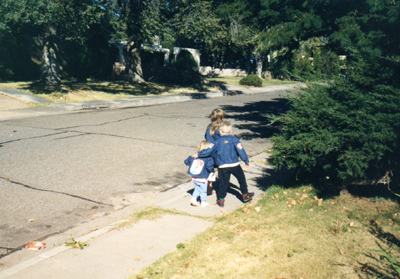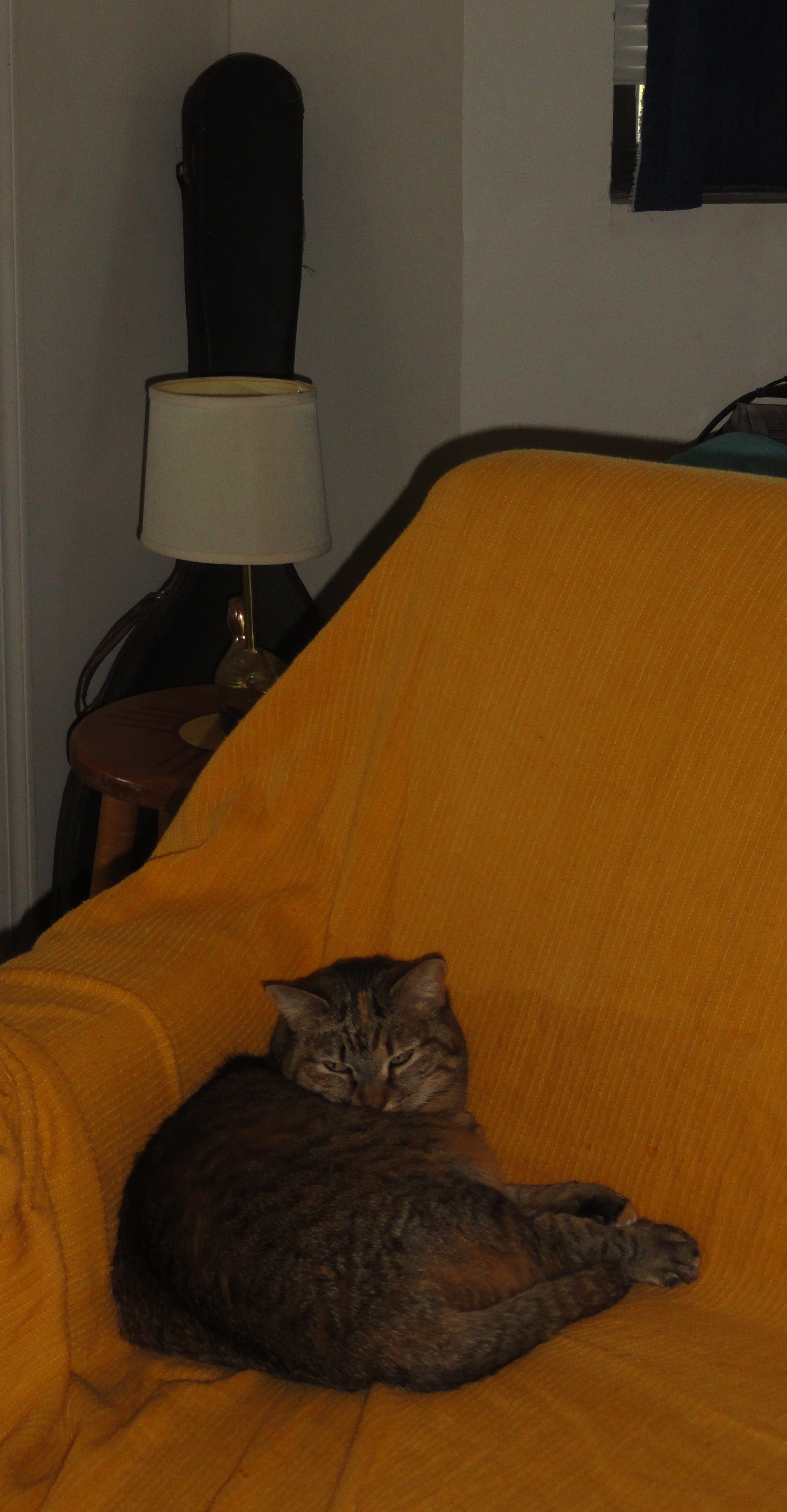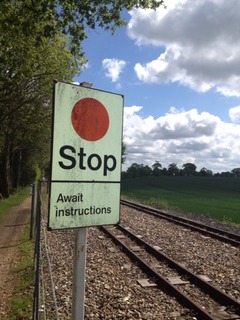I woke up with voices in my head, but it was my own voice. Too many words. "What if...?" and "How will...?"
The peace and safety of my children, even though they're young adults, was running through my mind, and what could go wrong, and what if one of them makes a bad decision, or an awkward mistake, or forgets to do something, or...
Then I remembered what I was doing at their age, each of them. Most of it ended up needing to be undone, or recovered from. But I remember, and those things informed my decisions ever after.

An agitated mom won't help any of us. And the agitation didn't show. It was nothing but thoughts racing and tumbling, tighter-than-necessary muscles, so early in the morning.
I made moves to calm myself, and to take several small positive steps. Breathe. Put clean cutlery away. Fill the birdfeeders. Feed the cat. Check on Holly, who isn't feeling well and was muttering in her bed.
And I began to think of things to be grateful for this morning. My children are alive and healthy. They are thoughtful and energetic. We have seed to give birds, and food for our cats. Holly has a good pillow and warm covers. She will feel better.
I can breathe and be still and not be knocked down by thoughts. Thoughts can lift me up. I can turn down the volume.
I can switch channels. SandraDodd.com/gratitude
photo by Sandra DoddThe photo is a link to something written when I had three teens.
They were 21, 24 and 26 on February 7, 2013, when I was worried in the morning.
__



















